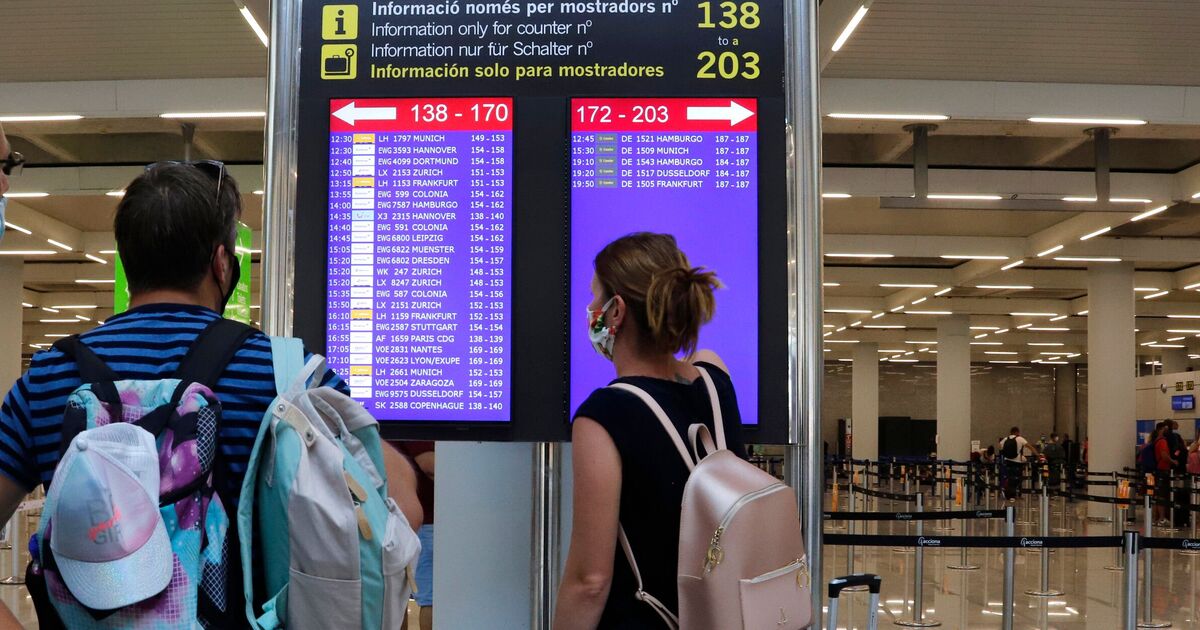

Brits heading to the sunny shores of Majorca this year are facing a growing mountain of red tape, new rules and fees, while local protest movements continue to rally for higher taxes on tourists and holiday rental landlords.
Travellers heading to the island during the peak season this summer will need to budget an additional £70 if they are planning on staying for two weeks, due to the Sustainable Tourism Tax.
This levy, which adds £5 per night of stay onto hotel bills, has increased by 200 per cent as Majorca's government grapples with the impact of overtourism on local services, which have sparked noisy protests from residents. Last summer, beachgoers were confronted by campaigners waving signs telling them to "go home."
Majorca has been ranked as one of the most over-visited destinations in the world, alongside Paris and Zante. This is because the island welcomes well over 50 million people each year, despite having a population of under one million.
With this growing pressure to tackle the strains of exploding visitor numbers, island politicians are also considering placing a tax on car rentals, which could range from £25 to £67 depending on the length of stay.
Brits will also now be required to supply a whole host of personal information when booking their accommodation or hiring a vehicle. This information will be passed on to Spain's Ministry of the Interior for national security reasons.
Brits travelling to Spanish destinations will need to be ready to supply personal data regarding their:
One Majorca traveller commented: "In view of these increased travelling complexities. I think there will be no further need for Anti-Protesting Groups. These new regulatory requirements will stop the British from holiday travel.
"Even more regulations are due to be applied. So, perhaps a return to staycations will prosper."
And on top of all these extra fees, Brits are also facing a lengthier and more difficult time trying to get to Majorca, as well as just about every other European destination. Many have already fallen afoul of red tape, which British nationals now face after leaving the EU.
One of the main issues for travellers are the rules around valid passports, as those with the old pre-Brexit burgundy versions face different regulations when travelling into EU countries. Many Brits who were issued their passports before September 2018 were given up to 10 years and nine months before having to apply for a new one.
However, as UK passport holders are now considered "third country nationals," the rules have changed. To gain access to the EU, Brits must have passports issued in the last 10 years or face being told to go home.
They must also be valid for three months after your planned return date. With the UK no longer in the Schengen Zone, Brits can also only stay for a maximum of 90 days in a six-month period.